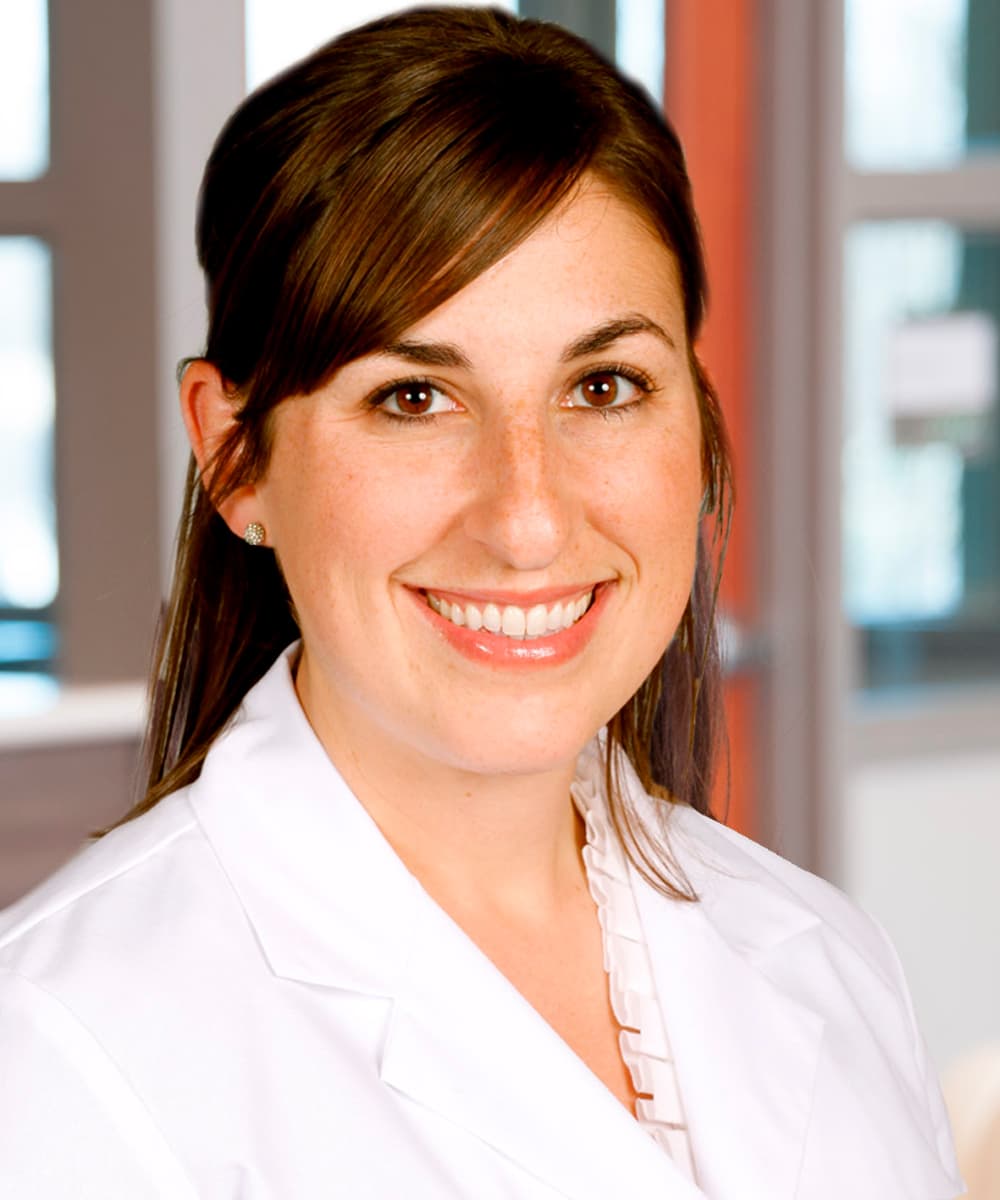By Annette Pinder
Great Lakes Cancer Care Collaborative (GLLC) brings together highly skilled nurses, doctors, and specialists from ten of Western New York’s top cancer care providers to offer unified, compassionate care and treatment. One great example is the coordination of care for head and neck cancer patients at Erie County Medical Center’s (ECMC) Ambulatory Care Center. There, a team of physicians, nurses, surgeons, radiation oncologists, medical oncologists, and dental oncologists treat patients in one interconnected center, eliminating the need for patients having to travel to different locations for their care.
Head and neck cancers include thyroid cancer, parathyroid disease, and cancers of the oral cavity, including tonsils, the pharyngeal area, larynx, throat, sinus, salivary gland, parotid gland, neck, as well as melanoma and other skin cancers. Dr. Amanda Colebeck, a maxillofacial prosthodontist, says, “Early symptoms of some of these cancers can include a painless lump in the neck, sores in the mouth that donʼt heal, a long-lasting sore throat, dental extraction sockets that donʼt heal, and an unexplained earache.” She warns people that risk factors for head and neck cancers include alcohol and tobacco use, and prior HPV infection.
“Patients are typically referred for care to the GLLC Head and Neck Cancer team by a local dentist or doctor who notices a lesion in a patient’s mouth. Patients who come to the center are seen by a dental oncologist for a biopsy, which is reviewed onsite by a pathologist. If cancer is detected, patients are immediately referred to a physician and head and neck surgeon for consultation and evaluation,” said Dr. Colebeck.
Fortunately, with early detection and proper cancer treatment, many types of head and neck cancers are curable. Depending upon the type of cancer, specific treatments include chemotherapy and radiation therapy, cancer screening and education, diagnostic services, dental oncology and maxillofacial prosthetics; plastic and reconstructive surgery, mandible/jaw reconstruction surgery, tongue reconstruction, microsurgery, and speech and swallowing therapy.
Dr. Colebeck is particularly proud of the fact that the center offers digital radiography and an in-house dental laboratory equipped to create various maxillofacial prostheses. She says, “Often, these patients require oral prosthetics to replace missing areas of bone or tissue due to cancer surgery, and to restore functions such as swallowing, speech, and chewing. Sometimes a prosthesis is required for the face or body for cosmetic and psychosocial reasons. We have patients that have parts of their upper and lower jaw removed, and they develop a speech impediment because of a hole between their mouth and nasal cavity or alterations to their tongue and floor of mouth. These patients are unable to speak or eat properly. Creating a prosthetic for them, right in our own on-site laboratory, replaces what their disease took from them, helps restore what they are missing, and gives them back their quality of life.”
Amanda Colebeck, D.D.S., M.S., FACP is a board-certified maxillofacial prosthodontist in the Department of Dentistry, Division of Oral Oncology and Maxillofacial Prosthetics at Great Lakes Cancer Care and ECMC, and a clinical faculty member in UB School of Dental Medicine’s Department of Restorative Dentistry. To make an appointment with a cancer specialist, visit www.greatlakescancecare.org.












